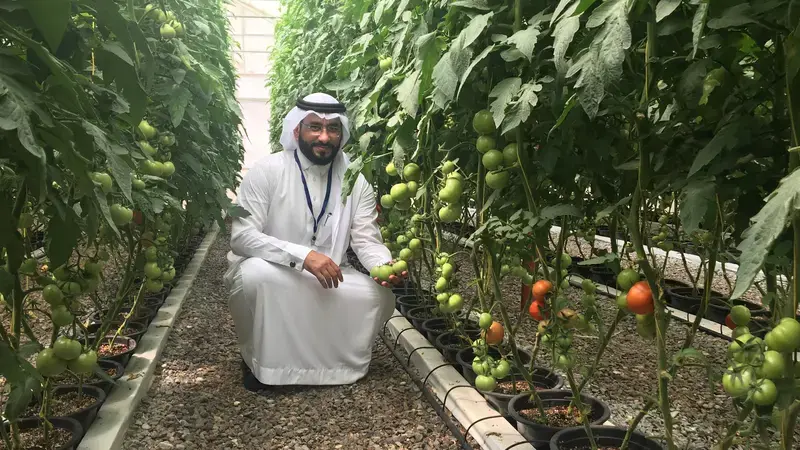Teaching Arab scientists new agricultural practices

Muscat, Oman, May 3 – How can farming be more sustainably managed? This question was central to a workshop facilitated by ICARDA in Oman. Today some of the challenges farmers are facing in the Arabian Peninsula and elsewhere are, for example, wasteful water consumption, soil erosion, land degradation, and other effects of climate change.
ICARDA and the Ministry of Agriculture and Fisheries in Oman brought 25 scientists together to discuss how farming operations can be better managed to help protect watersheds and improve soil health and water quality on the Arabian Peninsula.
The training aimed to showcase modern agriculture methods to mitigate negative impacts of poor agricultural practices. The course composed of three days of theoretical training on how to manage a farm and how to ensure the health and security standards during the on-farm and post-production process. The training further aimed to enhance knowledge and capacity of national agriculture researchers and extension agents with the “GlobalG.A.P.” standards.
The GlobalG.A.P. is an organization that aims to advance a safer and more sustainable agriculture worldwide. By setting standards, the GlobalG.A.P. encourages farmers to produce and deliver certified products around the globe. The overall aim is to ensure the safety of food, and enhance environmental sustainability for permanently productive farm operations.
“GlobalG.A.P. is a hub for farmers and retailers in the production and marketing of safe food sector,” says Azaiez Ouled, ICARDA’s regional coordinator of the Arabian Peninsula. “GlobalG.A.P.'s criteria include very strict requirements that farmers should comply with if they wish to sell their products to major retailers around the world.”
Read more about the GlobalG.A.P.
